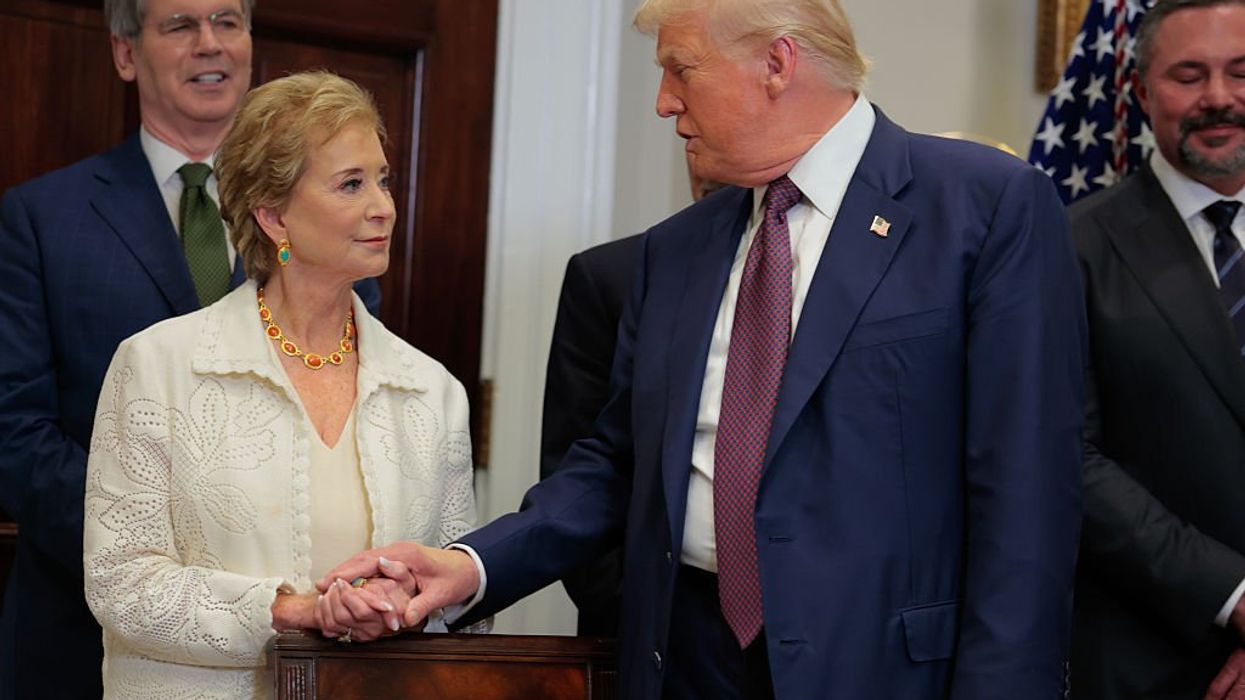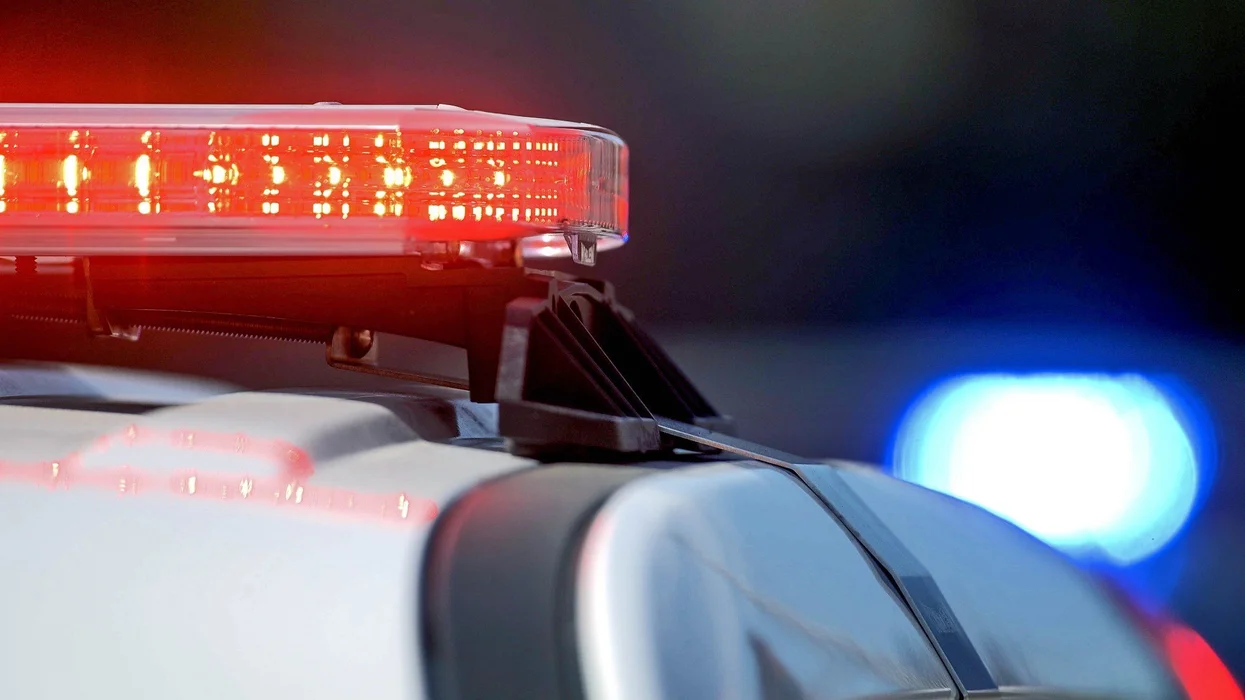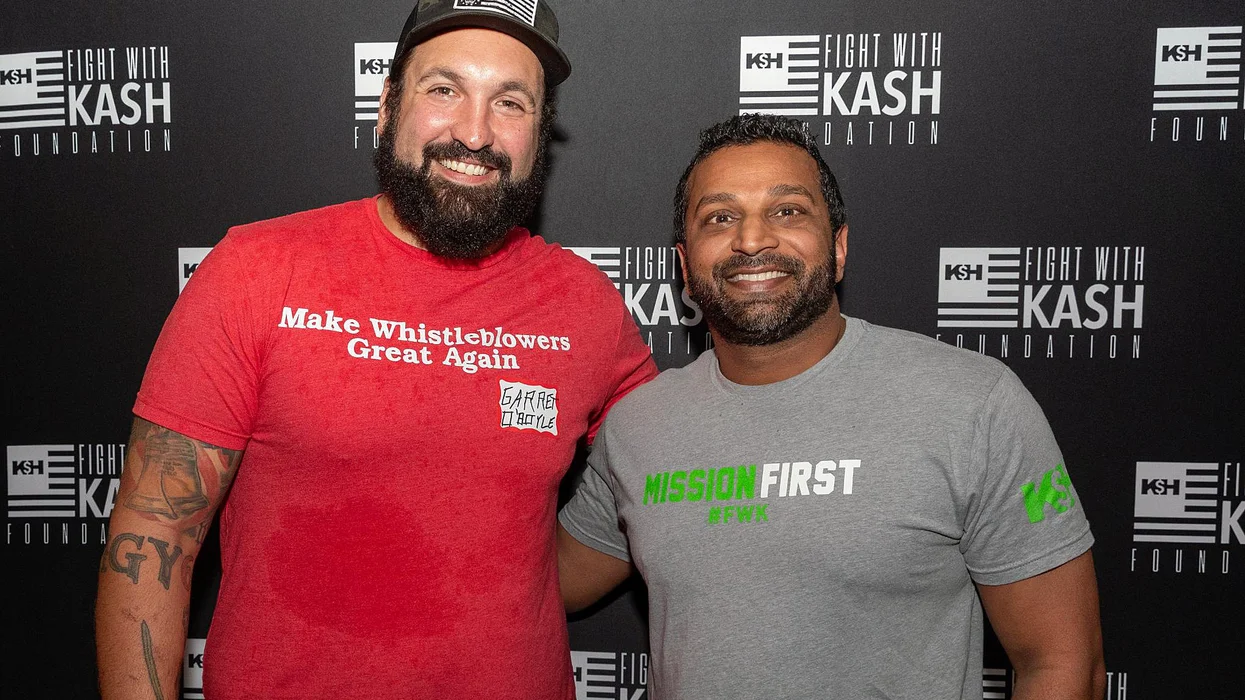
© 2025 Blaze Media LLC. All rights reserved.
Pediatric Group Recommends Prescribing Morning-After Pill to Teens in Advance of Actually Needing It
November 26, 2012
"it's not often you see physician organizations saying that their patients are better off without the physician involvement."
 (Image: Shutterstock.com)
(Image: Shutterstock.com)
A national pediatric association is recommending that doctors prescribe women age 17 and younger the morning-after pill in advance of them actually needing it, under the assumption that they will be more likely to use the emergency contraceptive if they don't have to make a doctor's visit at the time.
The American Academy of Pediatrics issued the new policy statement Monday. According to a report by Reuters on the statement, which is published in the December issue of Pediatrics, the group believes that because federal law prevents over-the-counter sales of such contraception to those under age 18, the teens will be more likely prevent unwanted pregnancy if they already had the necessary prescription on hand.
The battle for over-the-counter availability for emergency contraceptives was in the spotlight last year as the Food and Drug Administration overturned a 2005 ruling that prevented teens from obtaining pills like Plan B without a prescription. The Health and Human Services Secretary Kathleen Sebelius though overruled the FDA's decision maintaining the requirement for a prescription for minors.
Reuters reported former FDA assistant commissioner for woman's health, Susan Wood, saying of AAP's new policy that "it's not often you see physician organizations saying that their patients are better off without the physician involvement."
Still, the policy statement made by the AAP is only a recommendation. Reuters reported that it's up to pediatricians to take the academy's suggestion or not. But Dr. Cora Breuner, a pediatrician at Seattle Children's Hospital who headed the AAP panel drafting the policy, said the group hopes pediatricians will take their advice.
"The Academy prides itself on a devoted membership," Breuner said, according to Reuters.
Breuner also pointed out in the article that because the most popular forms of emergency contraception are high doses of traditional birth control hormones, it prevents ovulation from occurring -- not implantation of a fertilized egg -- and therefore the morning-after pill is not an abortifacient.
TheBlaze reported Breuner earlier this year speaking at a conference where she recommended pediatricians begin preparing parents of child patients to leave the room. We cited Internal Medicine News' account of Breuner's talk at the time. Here's what she said:
She tells parents, “I really need to be your child’s physician, and it’s really important that I have a rapport with him or her. I need the child to trust me, and I need you to trust me,” she said at a conference sponsored by the North Pacific Pediatric Society.“I need you to trust that I’m going to tell you if there’s a serious medical problem that is uncovered when your child talks with me. I will bring you in on that. Sometimes kids tell me stuff as a provider that they might not necessarily share with you,” said Dr. Breuner, professor of pediatrics and adolescent medicine at the University of Washington, Seattle.
The AAP made their recommendation based on seven studies that found having a prescription for emergency contraception before actually needing to use it 1) did not increase sexual activity and 2) increased the likelihood that teens would obtain the pill in the event that they did need it, compared to those who didn't already have a prescription.
"It's just common sense that requiring a prescription is a barrier," Bill Alpert, chief program officer of the National Campaign to Prevent Teen and Unplanned Pregnancy, told Reuters.
Alpert called AAP's clearing minors for emergency contraception as "a big deal."
Last week, in a similar move, the American College of Obstetricians and Gynecologists supported over-the-counter birth control as well. This group, though, didn't address teen use of contraception though.
Read more about the policy statement in Reuters' report here.
Want to leave a tip?
We answer to you. Help keep our content free of advertisers and big tech censorship by leaving a tip today.
Want to join the conversation?
Already a subscriber?
more stories
Sign up for the Blaze newsletter
By signing up, you agree to our Privacy Policy and Terms of Use, and agree to receive content that may sometimes include advertisements. You may opt out at any time.
Related Content
© 2025 Blaze Media LLC. All rights reserved.
Get the stories that matter most delivered directly to your inbox.
By signing up, you agree to our Privacy Policy and Terms of Use, and agree to receive content that may sometimes include advertisements. You may opt out at any time.





